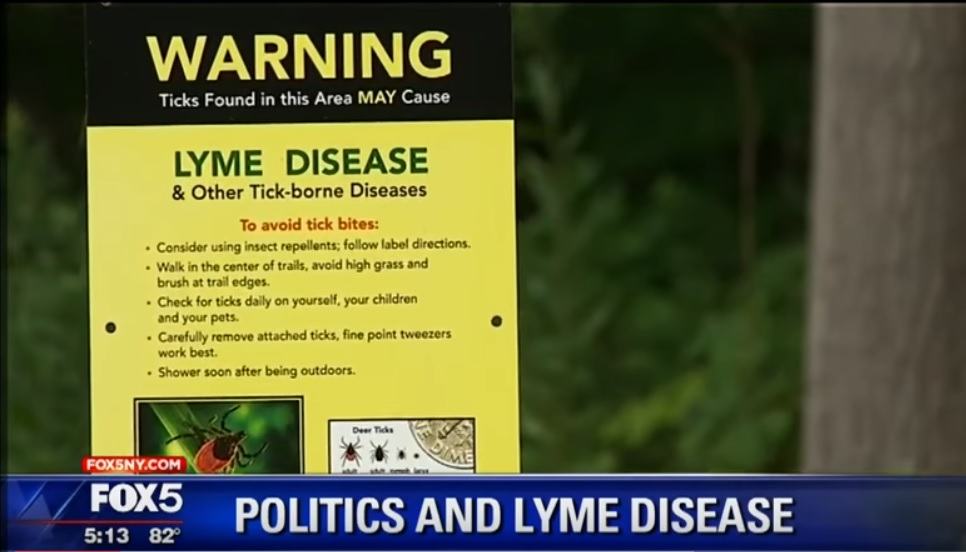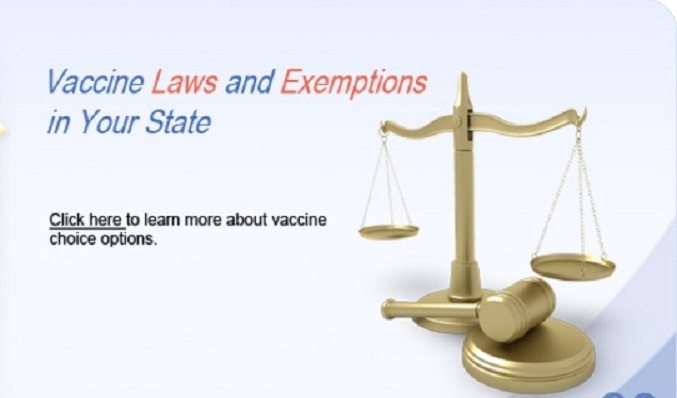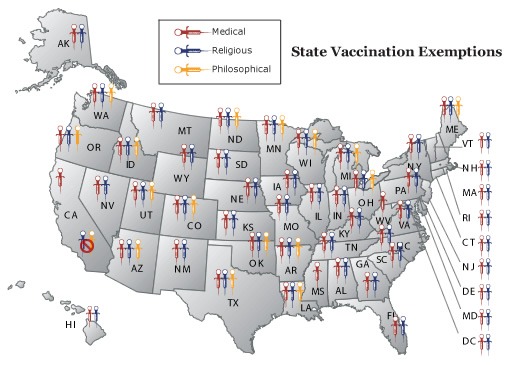Autoimmune Revolution: Encore Day Broadcasts ALL Episodes FREE
This past week thousands of people have tuned in to Dr. Peter Osborne's Autoimmune Revolution online DocuSeries. If you missed any of these fantastic presentations by some of the top minds in Alternative Health, you have a chance to listen to each presentation FREE on the Encore Day, Monday, February 6th.












